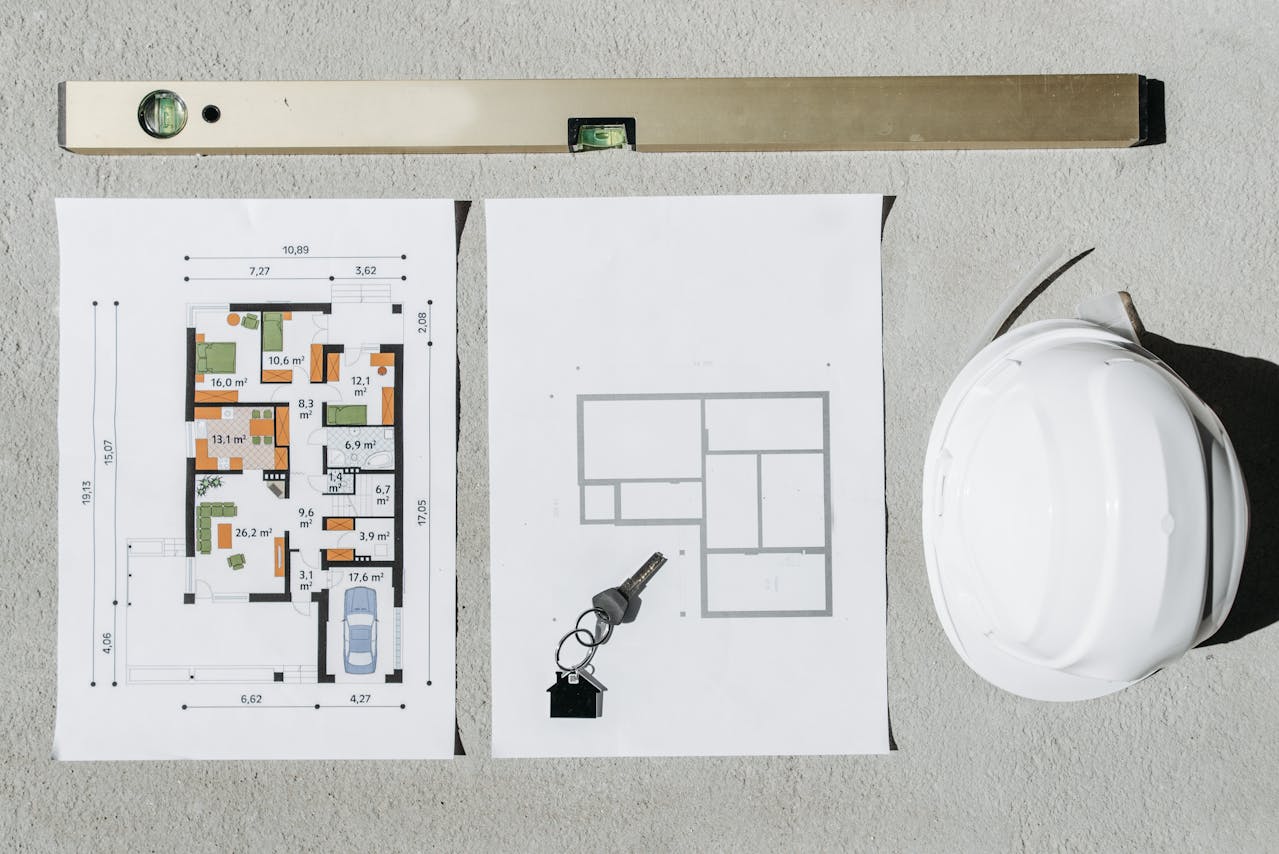Property development shapes more than skylines — it shapes society. It influences where we live, how we work, what we value, and the environmental legacy we leave behind.
Yet in Australia (and much of the world), property development is not formally recognised as a profession. It is widely seen as a purely commercial activity, driven by the need to make profit and governed by market forces — a perception reinforced by the actions of a few, but unfair to the practice as a whole. I spent over six years researching how property development can serve the common good. Here’s the #1 mindset shift that changes everything!
It’s time to ask: What if property development was approached as a true profession — like medicine, engineering, or law?
What if developers were not just deal-makers, but trusted custodians of land use, ethically trained and socially accountable?
This post outlines why the future of good property development, depends on its professionalisation.
A Practice in Search of a Higher Purpose
At its core, a profession is a practice oriented toward a public good. Doctors promote health. Lawyers uphold rights. Teachers shape minds. These professions are not defined by the pursuit of profit, but by their purpose.
Property developers, by contrast, though wielding enormous influence over housing, infrastructure, land use, and community identity are often dismissed as mere speculators or opportunists.
After spending years researching this issue, I have found that this disconnect stems from one thing: property development has not yet claimed a clear professional identity.
To become a profession, property development must align with:
- A defined public purpose (e.g., sustainable, equitable shelter and land use),
- A core ethical framework guiding decision-making,
- A primary commitment to social outcomes, not just economic ones.
Ethics: The Missing Pillar in Development
Every developer — whether working on a $500k subdivision or a $500 million precinct — makes decisions that ripple across generations.
Yet there is no formal code of ethics developers must follow. No standard framework for balancing:
- Profit vs. liveability,
- Density vs. community,
- Yield vs. environmental impact.
Compare this to the field of medicine, where decisions are constantly weighed against the Hippocratic Oath and the best interests of the patient. In property development, “highest and best use” of a property is too often measured only in terms financial return — not in long-term benefit to society.
By embracing sound moral and philosophical foundations such as those investigated in my doctoral dissertation, practiced in business and to be explained and summarised in future blogs developers can reframe their practice as one of stewardship of the natural environment, rather than one of exploitation.
Why This Matters for Investors
If you’re an investor — especially one looking to balance financial returns with broader and very positive, life enhancing outcomes — the professionalisation of property development should matter deeply.
Here’s why:
- Trust builds value. A professional code gives investors confidence in project governance.
- Risk is reduced. Ethical, stakeholder-aware developers are less likely to face costly conflicts, community opposition, or reputational harm.
- Returns align with purpose. The next wave of investable projects will not aim just to be high-yielding financially but will also aim to make a positive contribution to human and ecological flourishing, even if it is just one site at a time!
- The future of capital is not just faddishly of fashionably “green” — it’s necessarily accountable. A professional developer doesn’t just deliver financial returns. They deliver new and beneficial ways of living!
The Developer as a Professional
So, what would this look like in practice?
A professional developer:
- Understands land use not just as a legal right, but a moral responsibility.
- Balances stakeholder needs — investors, councils, communities, the environment.
- Has mastery not only of finance and feasibility, but also character and ethical decision-making.
- Pursues flourishing, not just profit.
We need developers who can say: “This isn’t just a project. It’s a contribution to how people can live well.”
The Foundation Is There — Let’s Build the Framework
The building blocks of professionalisation already exist:
- Cross-disciplinary knowledge (finance, law, planning, design, construction, sales and marketing and lots more),
- Practical experience (which most well-seasoned developers gain through years of trial and error),
- A growing body of literature and academic research (such as the very dissertation on which our own practice and vision is based),
- And a rising tide of public expectation for integrity and quality in the built environment.
What’s missing? A framework. A code. A structure that unites developers who want to do better — and that excludes those who exploit the system.
Conclusion: Towards a Profession Worth Practicing
Property development has been around since time immemorial and isn’t going away — nor should it. But how it is practiced can and must evolve.
This isn’t about adding red tape. It’s about raising the bar.
A professional developer isn’t just an entrepreneur or a builder. They’re a place-maker. A community shaper. A guardian of land use in a time of profound ecological and social transformation.
Let’s start treating them — and training them — as such.
Want to be part of this movement?
At Pleroma Property Investments Pty Ltd, we have taken a bold decision of faith to be at the
vanguard of a completely new way of developing property for the common good. If you’re keen
to make a difference, and willing to dream big, why don’t you join us? Reach out to us to find out
how you can take a step of faith and invest in a different future.
In the next post, we’ll explore the ethical roots of professional practice, from Aristotle to Christopher Alexander — and what they teach us about how to develop well.

